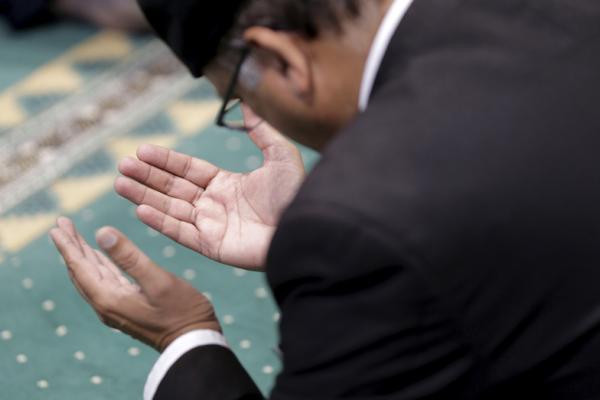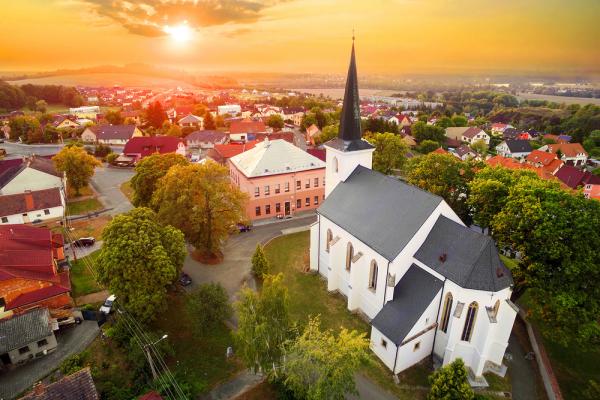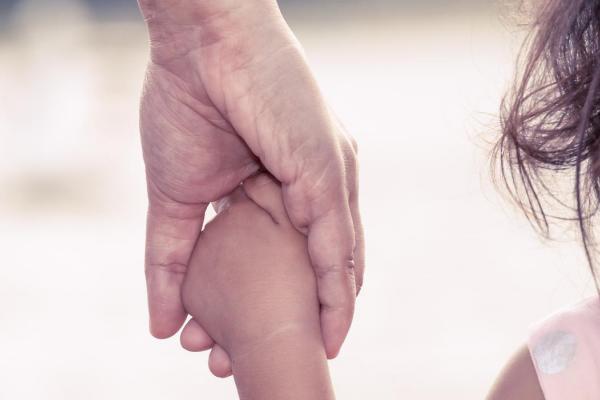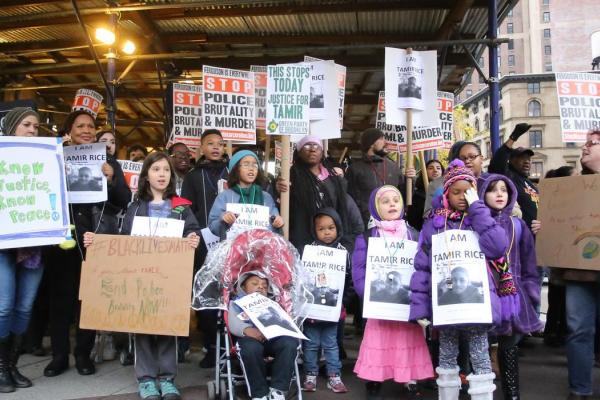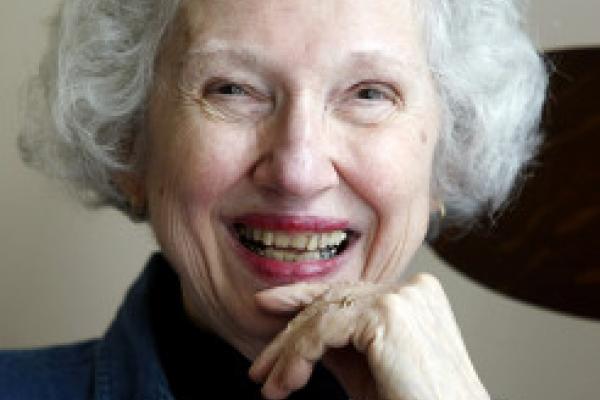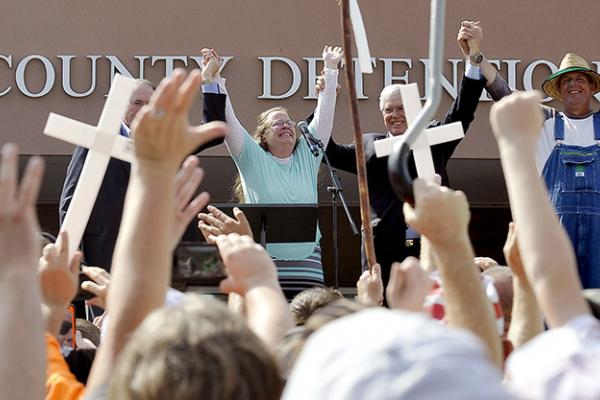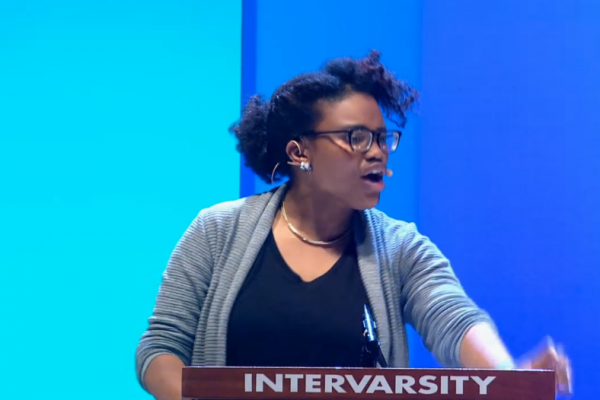Scalia told a gathering at a Catholic high school near New Orleans on Jan. 2, “one of the reasons God has been good to us is that we have done him honor.”
“Unlike the other countries of the world that do not even invoke his name, we do him honor. In presidential addresses, in Thanksgiving proclamations and in many other ways,” he said in a brief talk at Archbishop Rummel High School in Metarie, according to various news reports.
Recently some American politicians have made shocking comments regarding Muslims — shocking because they have been cheered on and gained political mileage; shocking because the politicians pretend they are honoring the U.S. Constitution; and shocking because the politicians are willing to overlook the Constitution’s guarantee of equal rights for all in order to dehumanize Muslims.
American Muslims feel sad, depressed, and frightened about this trend. Fascism takes a long path, but it starts this way. At the same time, we are optimistic that these days that are upon us will pass and that Islamophobic politicians and their backers will fade in due course.
More people in the pews, more energy for programs, more funds to maintain the roof — these are all keys to survival for such small congregations, according to the latest Faith Communities Today report, released Jan. 4 by the Hartford Institute for Religion Research.
It finds that congregations with fewer than 100 in weekend attendance — the most vulnerable to collapse — rose to 58 percent in 2015, up from 49 percent five years ago.
Yet the report is optimistically titled: “American Congregations 2015: Thriving and Surviving.”
Marjorie Liu and Sana Takeda’s new fantasy comic series Monstress approaches the topics of oppression and survival through one such richly imagined fantasy world. Inspired in part by Liu’s grandparents, survivors of the Japanese invasion of China during World War II, Monstress is a story about the difficulty of overcoming the pain of systemic oppression without losing yourself in rage, pain, and revenge
After hours of deciphering the directions and gathering together the countless tiny parts, inevitably you discover that a piece is missing. Somewhere in the unpacking of the zillion elements, you have dropped a small part under the refrigerator or behind the radiator. And it’s never just a missing piece, it’s usually the missing piece: the key part that transforms the pile of random plastic into the one-of-a-kind, fabulous piece it was meant to be.
When a picture from my first daughter’s first year pops up, when I was in the throes of postpartum depression, I long for a re-do. To relish the tiny baby snuggles and keep a level head with the all-nighters, knowing it truly does pass. I so wish I would have had the capacity to feel the fullness of the love and terror I felt, instead of putting on the shroud of numbness and apathy that comes with depression.
But there is grace. In an effort to forget what is behind, I will push forward clinging to hope and understanding that regret will be part of this journey too. Regret can be just a tiny shadow in a landscape of laughter, messiness, tears, and living.
Black people’s humanity is still at question in the stories so many of us hear and tell in America. For many with a badge, a gun, and the legal shield of the state, black men and women — even black children — are not humans. Instead black bodies are threats and targets for rage, fear, and racially justified execution. When an officer of the law exterminates on the spot, we must ask ourselves what he was shooting. In his mind, Tamir could not have been a boy. He could not have been human. What did he see? And who bewitched him (and us) to “see things” when we are entirely sober?
They preached and inspired. They wrote and taught. Some lobbied in the halls of government. Others toiled to protect the environment and educate the young. Several died at the hands of persecutors. Here is a list of notable faith leaders — and one champion of secularism — who left us in 2015.
According to a recent poll by The Associated Press and the University of Chicago’s National Opinion Research Center, 82 percent said religious liberty protections were important for Christians, compared with around 60 percent who said the same for Muslims and the religiously unaffiliated.
Yet, religious freedom is not merely an important issue — it is our “first freedom.” What Americans, especially Christian Americans, must understand is this: Religious freedom for some is not religious freedom for long.
Skinner told the students at Urbana ’70 that during segregation, “the evangelical, Bible-believing, fundamental, orthodox, conservative church in this country was strangely silent.” The churches, Skinner said, supported the status quo on slavery, segregation and civil rights. During the 1950s and 1960s, evangelicals, even when they opposed segregation, stayed clear of joining the civil rights movement. This week’s support for #BlackLivesMatter is different because InterVarsity is embracing a social and political movement that is active. And it is one that is controversial both nationally and within evangelicalism.

